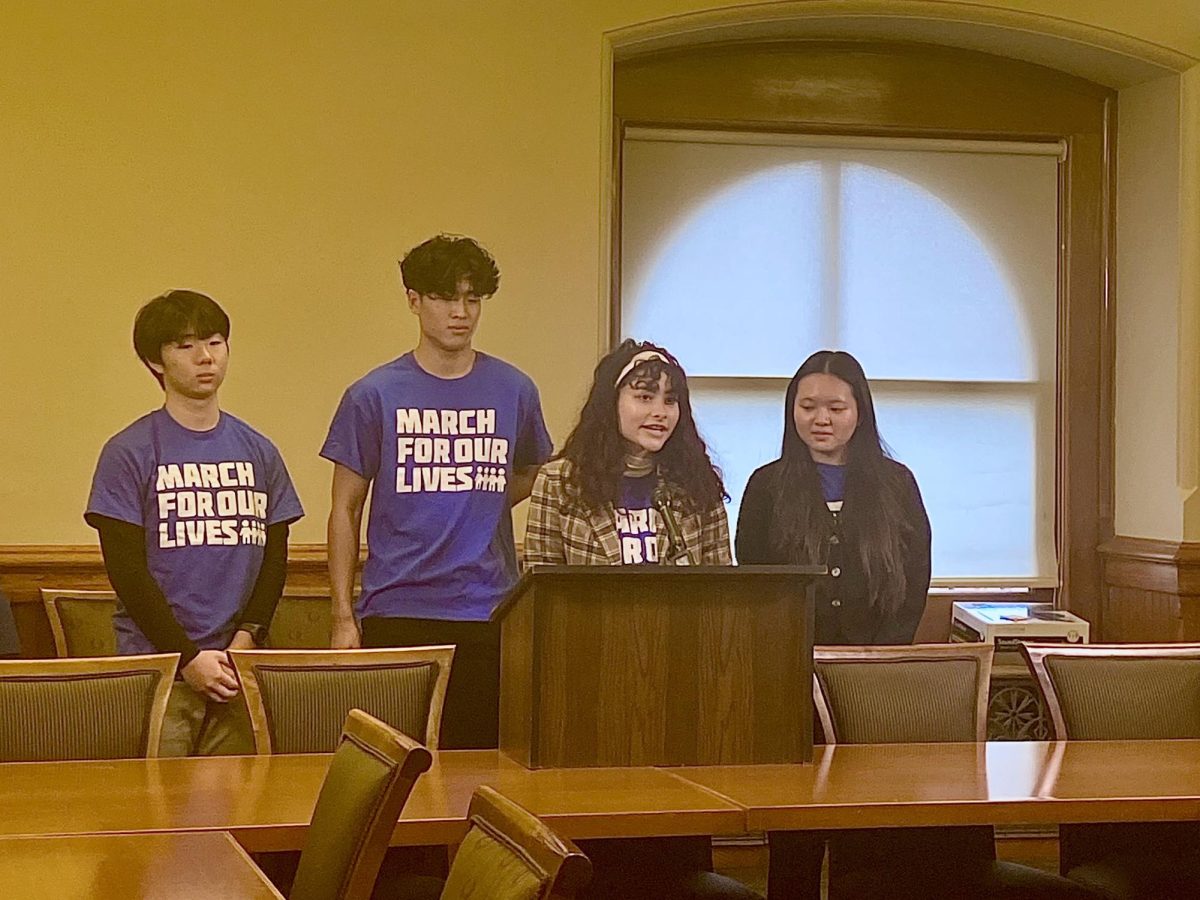
With “Forbes 30 Under 30” lists occupying headlines and young contestants on “America’s Got Talent” garnering sizable audiences, Americans have demonstrated a noticeable pattern: the younger the age, the more noteworthy the accomplishment.
This trend of awarding a disproportionate amount of praise to young people is evident in the way media companies curate headlines to receive the most attention. NBC sports videos featuring young athletes never fail to mention the athlete’s age in the title: “10-year-old Nathan Chen wows at 2010 Nationals gala” and “15-year-old Michael Phelps qualifies for his first Olympics.” Other athletes are simply referred to by their names and a generic adjective, capturing significantly less amount of views.
Why has America’s obsession with young people excelling become so marketable?
At its most basic level, it’s the novelty aspect. Because children don’t have a lot of autonomy, expectations for their success have always been quite minimal. Young people winning singing competitions and making scientific discoveries promotes the idea that it is possible to push the boundaries of human potential, even at a young age.
However, what may be deemed successful is equally damaging.
As soon as these child prodigies are recognized, their childhood is stripped away as their innocence is traded for achievement. News coverage highlighting prodigious youth conveniently leaves out the struggles that the same youth have faced as result of what they were pushed into from a young age.
Violinist Nicola Benedetti was named BBC Young Musician of the Year in 2004 and still faces the aftermath of being recognized as a child prodigy. In an interview with BBC Radio, Bendetti stated, “It was actually far too much for that age and for the stage that I was at in my violinistic development… I actually wasn’t ready for that.”
In women’s gymnastics, a sport where athletes as young as 10 years old have competed in the Olympics, growing up is an inconvenience. The nature of the sport rewards rigorous training at a young age, the time when athletes are at their smallest and most flexible. Many elite gymnasts have revealed the dark side of their training— tolerating verbal abuse, living in isolation, sacrificing their education and facing body dysmorphia.
This phenomenon also takes a toll on the mental health of adolescents that are not high-achieving, who are left wondering, “What am I doing that is equally as impressive at the same age?”
Senior Arissa Khan has experienced societal pressure to achieve success since she was young. “Pretty much since childhood, we’ve been told that in order to be happy, we have to be successful. We’re told to do good in school, get into a good college, get a really good job and climb the social ladder until we’re finally ‘successful,’ which is a completely arbitrary construct, to begin with,” Khan stated.
Despite its detrimental effects, in recent years, there has been a shift in parenting towards cultivating children’s upbringing to increase their chances of success. As college acceptance rates of highly selective schools are driven down year after year, the practice of cultivating high-achieving individuals has seen a rise in popularity.
However, there are external factors that put certain demographics at a disadvantage in raising high-achieving youth. A study conducted by University of Pennsylvania sociologist Annette Lareau analyzed the inequalities that arise from various parenting styles and social classes.
The results found that a majority of middle-class families practiced cultivating growth, while working-class families followed natural growth. Lareau coined the term “concerted cultivation,” a style of parenting marked by parents’ attempts to structure their children’s lives by enrolling them in organized activities. In the society we live in, the results of concerted cultivation are undeniably rewarded.
This social value is extremely disadvantageous to those who lack the ability to practice concerted cultivation—the parents who are not afforded the resources to enroll their children in club tennis and private piano lessons. If society continues to determine success by the number of accolades one acquires before adulthood, then there should at least be equal opportunity to succeed.
From young people who have aged out of their so-called “wunderkind” years to child prodigies facing the long-lasting consequences of their time in the limelight, everyone has been negatively affected by the romanticization of young success.























